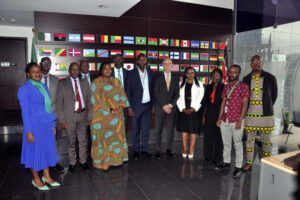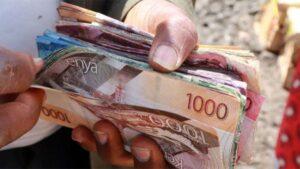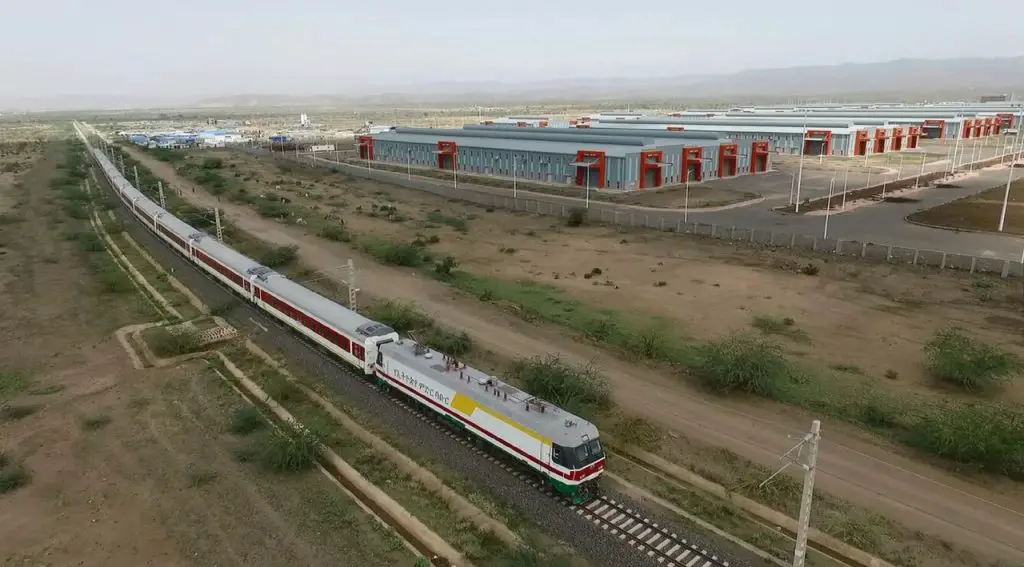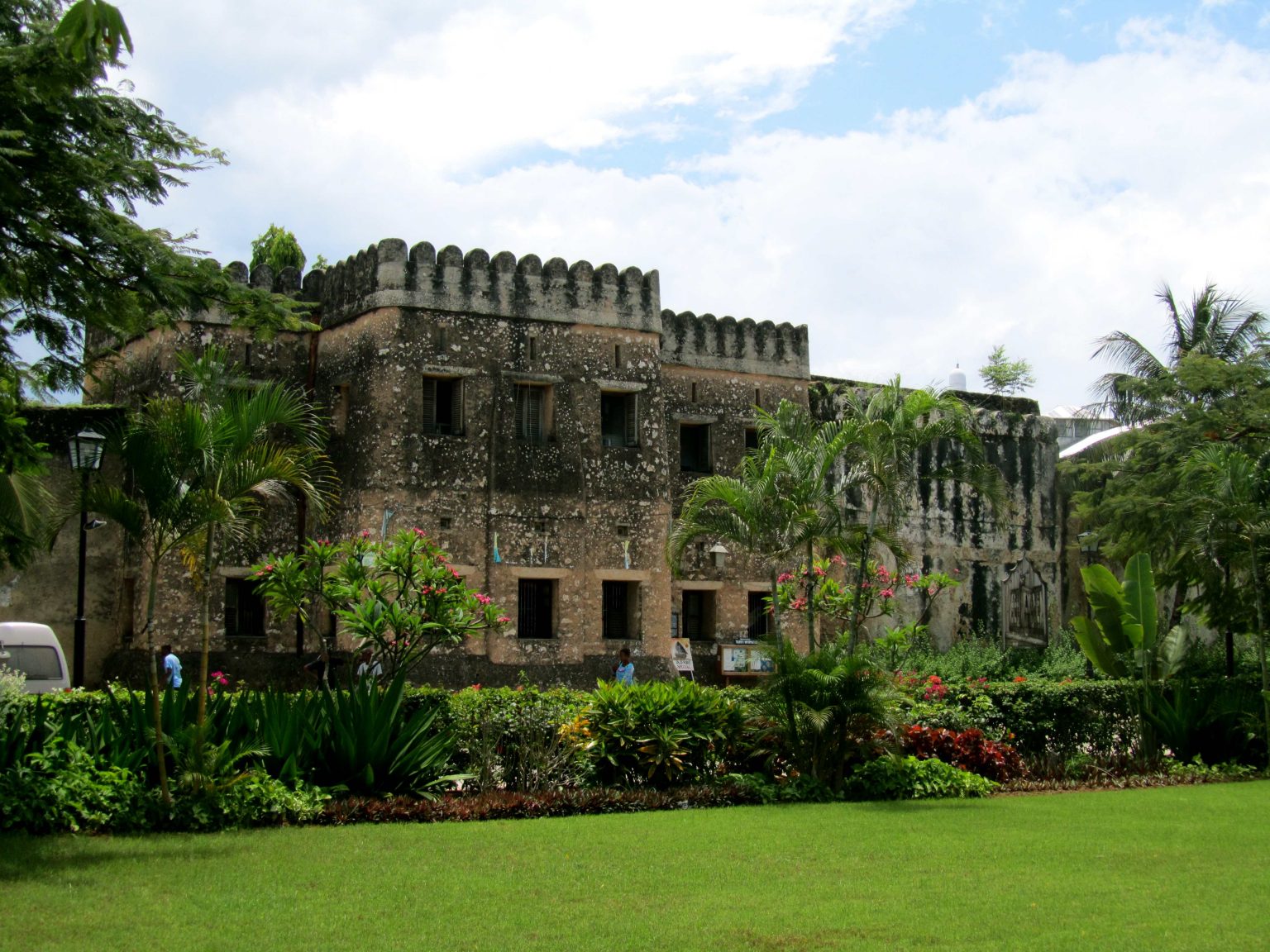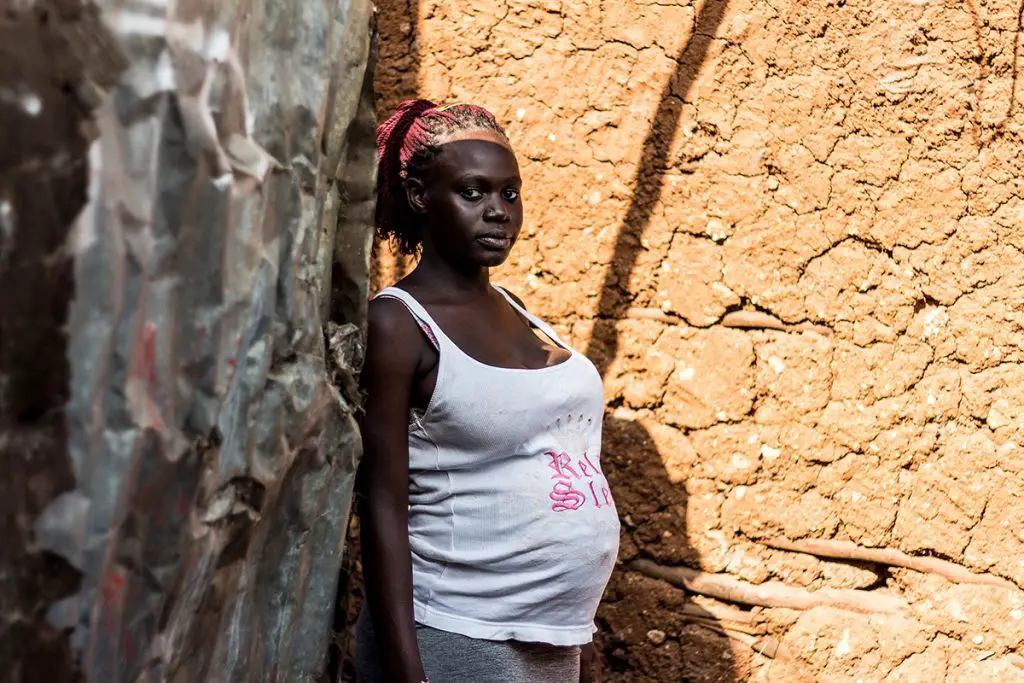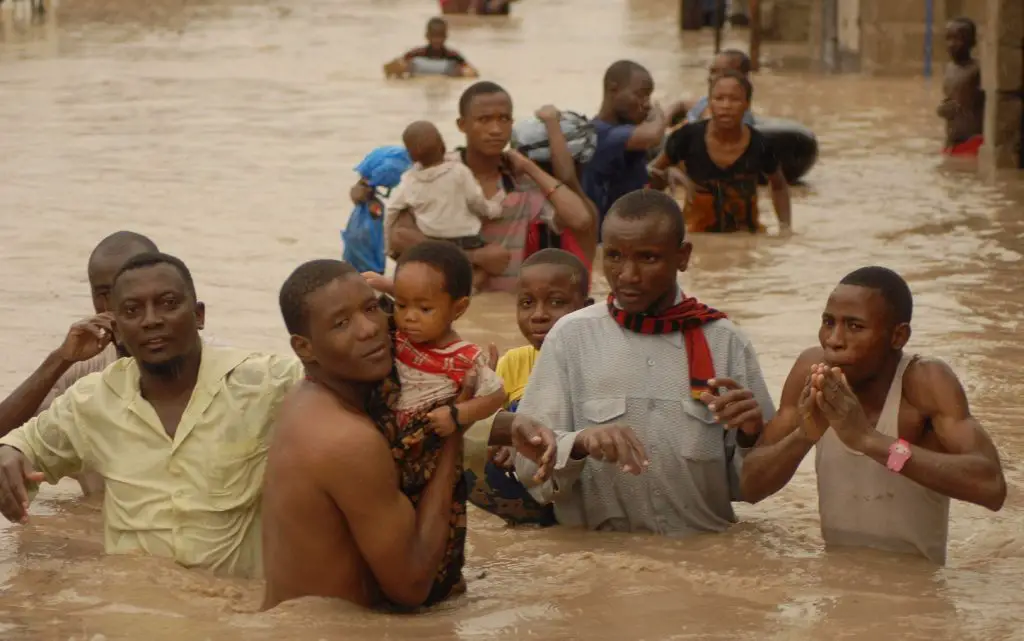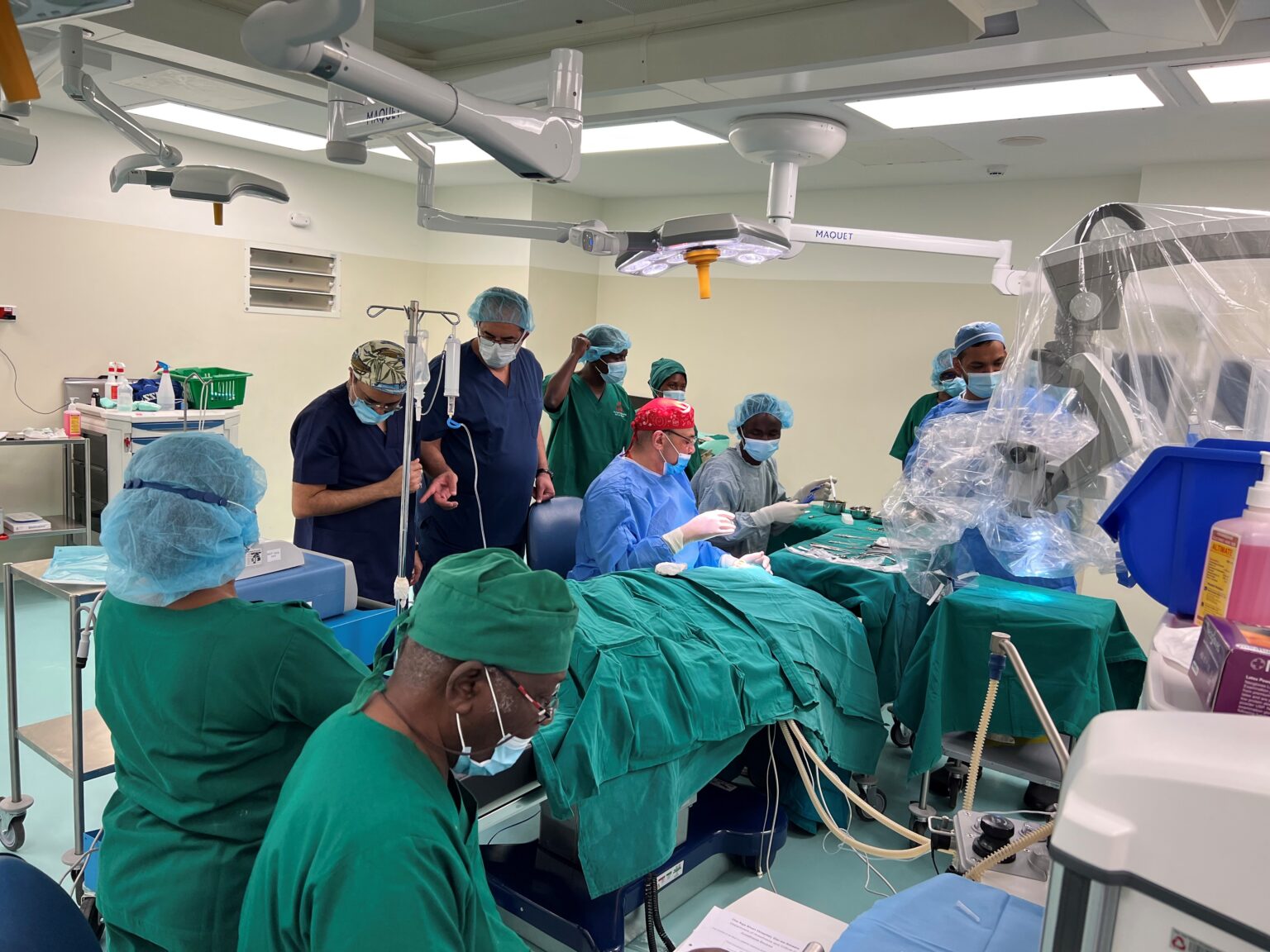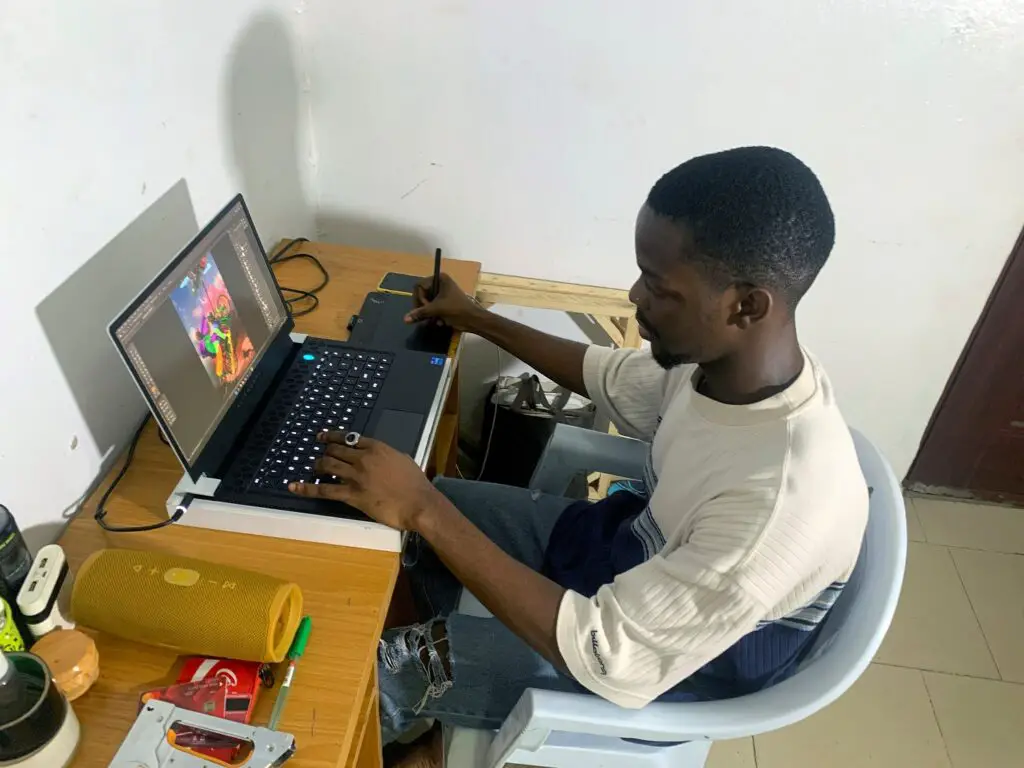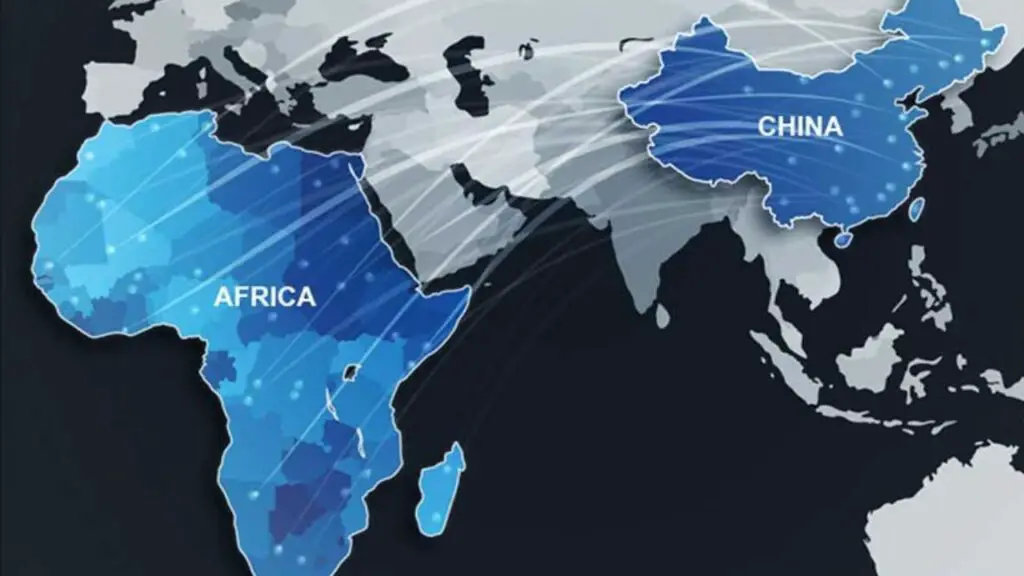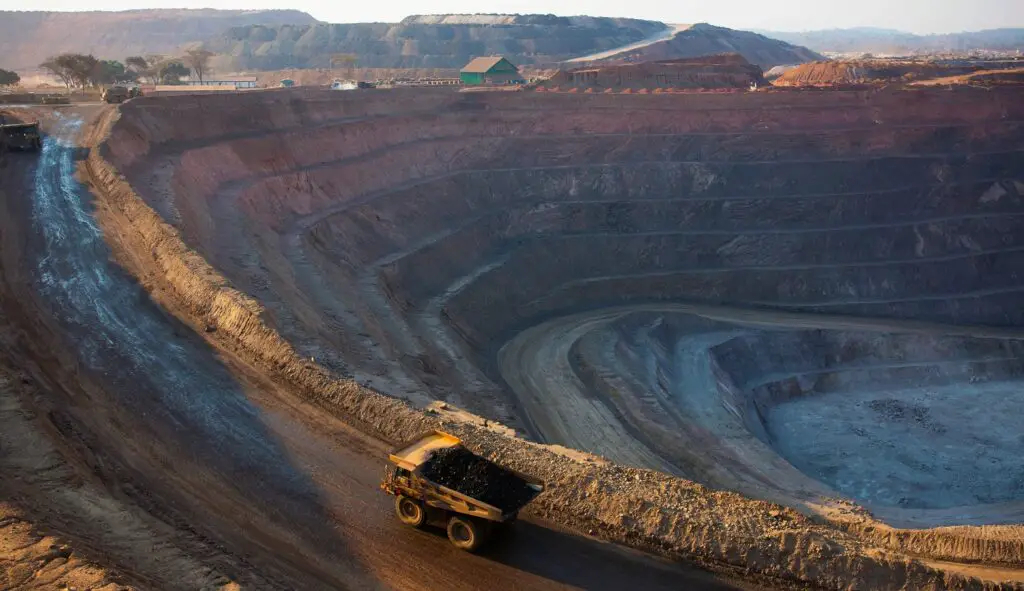- Kenyan Farmers Receive $2M Boost from Africa Fertiliser Financing Mechanism
- Brace for High Interest Rates for a Longer Period World Bank Warns Kenya
- Kenya-Ethiopia Trade Relations: Legislators Advocate for Policy Alignment to Boost Ties
- Visualising the state of debt in Africa 2024
- Abu Dhabi radiates optimism as over 300 startups join AIM Congress 2024
- TLcom Capital Raises $154 million in Funding to Boost Its African Growth
- Africa’s $824Bn debt, resource-backed opaque loans slowing growth — AfDB
- LB Investment brings $1.2 trillion portfolio display to AIM Congress spotlight
Author: The Exchange
- We provide economic news and analysis on the investment arena in Africa, with a particular interest in doing business. Our key areas of focus include banking, capital markets, energy, mining, manufacturing and industrial development.
Worth noting here is that Africa, including Ethiopia and most of its East African neighbours, are squirming in shipments of second-hand clothing, interestingly, imported from Europe, North America and other western countries.
What better defines neo-colonialism than Africa producing clothes to be exported to Europe and North America only for these very clothes to be sold back to Africa after they have been used! This sounds worse than the renowned exploitative colonial and post-colonial trade agreements (that still hold true and strong) where Africa, using cheap labour, produces raw material, which is cheaply exported to Europe, processed, packaged and sold back to Africa!
Several East African countries have attempted to honour up and ban the import of second-hand clothes. As you can imagine, the attempt failed.…
There is global demand for spices attributed by dietary needs which keep growing and fuelled by communities leaning towards a health-conscious lifestyle.
However, these markets are tilted in Zanzibar’s favour, as most markets rely on organic spices which are classified as basil, ginger, garlic, cinnamon, pepper, clove, and cardamom. Most of these are farmed by locals in Zanzibar.
According to Market Research Future, North America is expected to dominate the industry especially the US, but also—Asia-Pacific (which also has a substantial production sphere of organic spices in the region) has a significant portion of the global market.
Hence—Zanzibar can learn about: market research, organic spice farming (which aligns with the current environmental and nutritional global standards) and storage, packaging and market segmentation from the two regions to capture the African market and eventually, the entire global market.…
- Kenya exported coffee worth 26.1 billion shillings (about 229 million U.S. dollars) in 2021
- Kenya’s coffee farmers have over the years complained about the poor prices and mismanagement
Kenya’s coffee farmers have over the years complained about the poor prices and mismanagement that bedevil the commodity.
While coffee was for a long time known as the main forex earner for the country, other sectors like tourism and ICT have overtaken its earnings. So rich was coffee earnings in a newly independent Kenya in the 1960s that it was nicknamed ‘black gold’.
Last year, Kenya exported coffee worth 26.1 billion shillings (about 229 million U.S. dollars) in 2021, up from 195 million dollars in 2020. This was almost a hundred per cent improvement of the US$102 million (KShs10.2bn) at the end of the 2018/2019 crop year which was a 20 per cent drop from the previous year.
Read: Uganda leaves international …
Studies indicate that girls marrying or dropping out of school early are more likely to have poor health, bear more children over their lifetime and earn less in adulthood. Ending early child marriage according to a report (The cost of not investing in girls: Child marriage, early childbearing, low educational attainment for girls, and their impacts in Uganda), could generate up to US$2.7 billion in annual benefits (in purchasing power parity terms)which includes lower population, among others.
Moreover, it would contribute to increased earnings for women today had they been able to avoid early marriage, say, in 2015.
Instead, up to US$500 million is lost. The loss according to the report is due to risks associated with early marriage and childbirth such as under-five mortality and stunting for young children. Moreover, with a lower population, governments could invest resources to improve the quality of the services provided, instead of squeezing …
A careful study of the 2011 flood’s socio-economic impacts on Dar es Salaam indicated that the flood events damaged properties worth millions and the government was forced to spend a total amount of US$796,968 in rescuing and relocating vulnerable communities who lived in the low-lying areas of Dar es Salaam’s districts.
Per World Bank research, which offers clear insight into the matter, exposure to floods is a widespread phenomenon affecting at least 39 per cent of the population, or two million people, having been impacted either directly or indirectly by floods.
The April 2018 floods alone affected between 900,000 and 1.7 million people, and among the affected households, 47 per cent (18 per cent of the city’s population) reported health impacts.…
The Aga Khan Hospital Dar es Salaam (AKH,D) performed its first Cochlear Implant Surgery on 24th January 2022. Young Danial, a 3-year-old boy has not heard sound all of his life. This procedure is a life-changing opportunity for the young boy and his parents.
A cochlear implant is an electronic device that enables individuals with profound hearing loss to hear through direct stimulation of the hearing nerve. As of now, hearing is the only sense that can be ‘restored’ in this way. According to the World Health Organization (WHO), an estimated 430 million people worldwide have disabling hearing loss, a number that is predicted to grow exponentially over time.
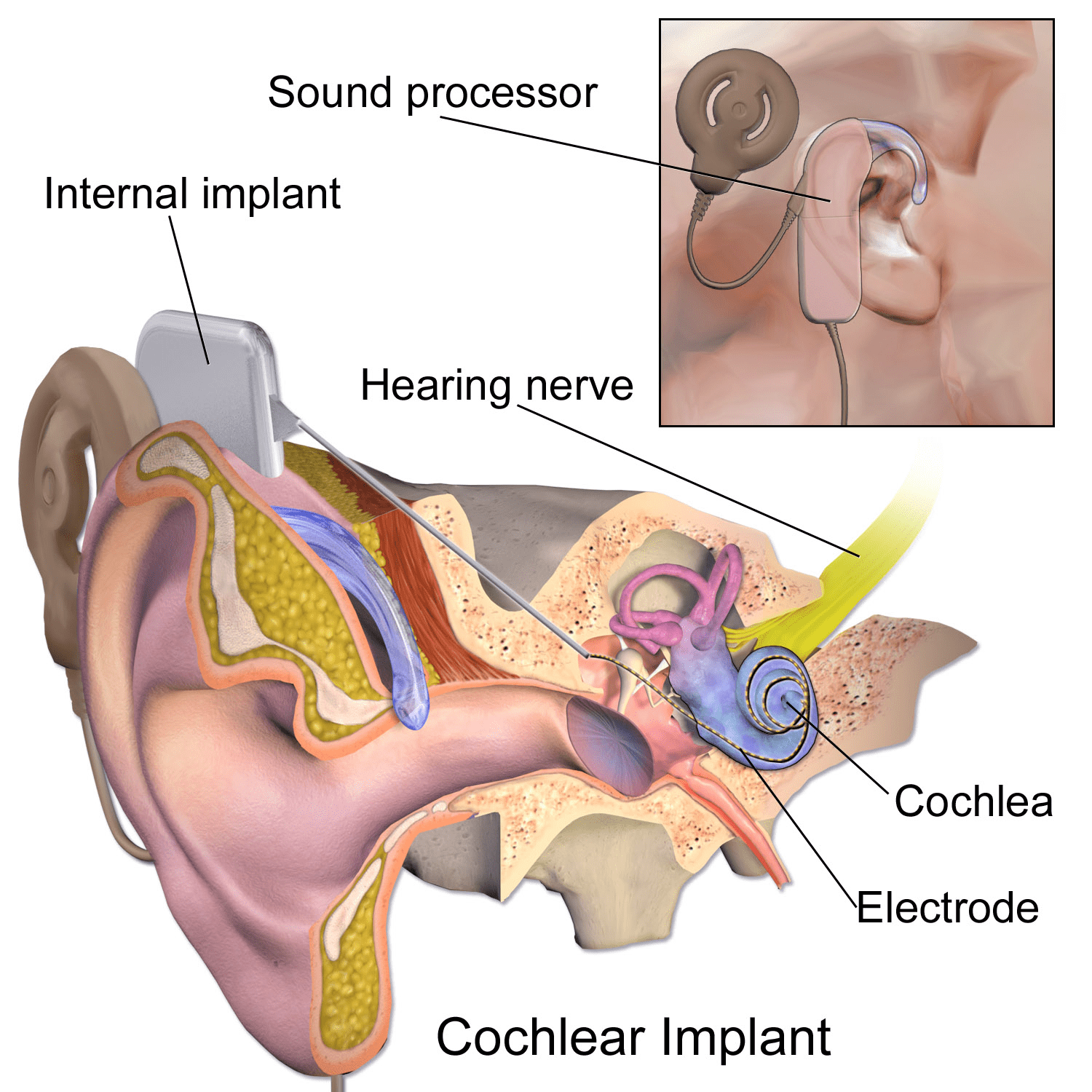
Hearing loss has a variety of causes, some can be prevented, and others can be treated. The severity of hearing loss also differs from one person to another.
Hearing loss in children results in delayed development of speech and language. …
Non-Fungible Tokens (NFTs) are the new opportunity for anyone with anything they can monetise and an access to the internet to reap the benefits of minting money on the World Wide Web.
NFTs are “One of a kind” digital assets that can be traded like any other piece of property, but NFTs do not exist in any tangible form. It is possible to think of virtual or real assets as tokens that may be exchanged for tokens.
Therefore, an NFT is a digital title for a piece of content that may be sold on auction sites but is non-returnable because it is unique and irreplaceable. Because of this, its value fluctuates and it is useless as a means of exchange. Cryptocurrency and blockchain are the foundations of NFTs.…
An action plan totalling US$40 billion in trade finance, commercial investments, and a share of Chinese SDRs was announced at the Forum on China-Africa Cooperation (Focac) in late November (SDR).
Despite the eye-catching headline, the actual amount pledged at the two most recent forums in 2015 and 2018 is far less than the US$60bn promised.
China has used concessional loans to fund a wide range of continent-wide infrastructure projects, including trains, airports, highways, and power plants.…
Glencore has been for over 10 years in the cross-hairs of Global Witness, a non-governmental organization and lobby group established in 1993 that works to break the links between natural resource exploitation, conflict, poverty, corruption, and human rights abuses worldwide.
The organization has offices in London and Washington, D.C.
Global Witness has also in that time blown the whistle on what it describes as suspicious transactions and dealings in the DRC involving Glencore’s operations and its association with sanctioned businessman Dan Gertler. …
Faze Bank is an American you tuber and one of the owners of the e-sport organization of faze clan, known by his alias Faze bank, whose name is Richard Bengtson. He was born on the 18th of October, 1991, in Lawrence, Massachusetts.
He is also known for his short temper. Richard began his career in 2011 and created a channel named ‘bankshasbank’ his first video was ‘the single greatest soaring in style’ posted in 2011.
He joined the ‘Call of Duty gaming group faze clan in 2013 and changed his name to faze banks. Faze bank is very passionate about vlogging and also serves as a producer, songwriter, and composer.
Read: Othman Benjelloun | Africa’s Billionaires | Net Worth | Personal Life
Preview
| Full name- | Richard Bengtson |
| Source of wealth- | You tubing |
| Age- | 29 |
| Birthplace- | Lawrence |
| Height- | 1.88M |
| Nationality- | American |
| Date of birth- | October 18, 1991 |
| Occupation- | You tuber |
| Marital |
